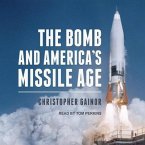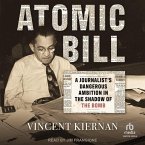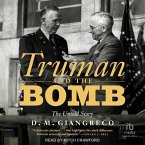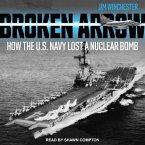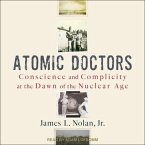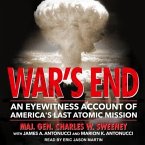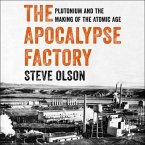On July 16, 1945, just weeks before the atomic bombing of Hiroshima and Nagasaki that brought about the surrender of Japan and the end of WWII, the US unleashed the world's first atomic bomb at the Trinity testing site located in the remote Tularosa Valley in New Mexico. In The First Atomic Bomb Janet Farrell Brodie explores the history of the Trinity test and those whose contributions have rarely been discussed--the men and women who constructed, served, and witnessed the first test--as well as the downwinders who suffered the consequences of radiation. Concentrating on these ordinary people, laborers, ranchers, and Indigenous peoples who lived in the region and participated in the testing, Brodie corrects the lack of coverage in existing scholarship on the essential details and everyday experiences of this globally significant event. This book also covers the environmental preservation of the Trinity test site and compares it with the wide range of atomic sites now preserved independently or as part of the new Manhattan Project National Historical Park. Although the Trinity site became a significant node for testing the new weapons of the postwar US, it is known today as an officially designated National Historic Landmark. Brodie presents a timely, important, and innovative study of an explosion that carries special historical weight in American memory.


